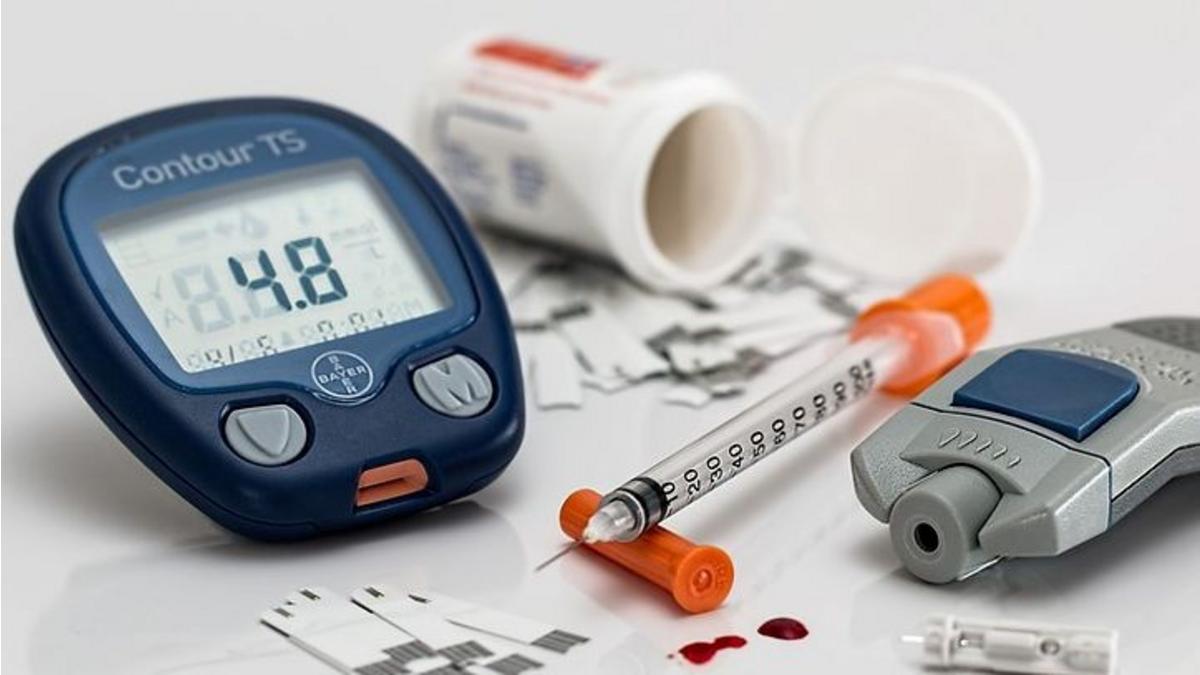Analyses & Studies
What should you know about diabetes?

What is diabetes?
Diabetes mellitus, commonly referred to as diabetes, is a chronic metabolic disorder characterized by elevated blood glucose levels, which can lead to various health complications. There are different types of diabetes, with the most common being type 1 and type 2 diabetes.
What causes diabetes?
The causes of diabetes depend on the type:
- Type 1 Diabetes: It is an autoimmune disease where the immune system mistakenly attacks and destroys insulin-producing cells in the pancreas. The exact cause is not fully understood but is believed to involve genetic and environmental factors.
- Type 2 Diabetes: This is primarily associated with insulin resistance, where the body's cells do not respond effectively to insulin. Genetic factors, obesity, lack of physical activity, and poor dietary habits play a significant role in its development.
What are the symptoms of diabetes?
Common symptoms of diabetes may include:
- Excessive thirst and hunger
- Frequent urination
- Fatigue
- Unexplained weight loss
- Blurry vision
- Slow-healing wounds
- Tingling or numbness in the extremities
- Recurrent infections
Unfortunately, it can be often silent and periodic blood screening helps with early identification.
What tests are conducted to determine diabetes?
Several tests can help diagnose and monitor diabetes:
- Fasting Blood Sugar Test: Measures blood glucose levels after an overnight fast.
- Oral Glucose Tolerance Test (OGTT): Involves fasting, followed by drinking a sugary solution and testing blood sugar levels at intervals.
- Hemoglobin A1c Test: Reflects average blood glucose levels over the past 2-3 months.
- Random Blood Sugar Test: Measures blood sugar levels at any time.
What treatments are available for diabetes?
Treatment for diabetes aims to control blood glucose levels and prevent complications.
The approach varies depending on the type of diabetes:
- Type 1 Diabetes: Requires lifelong insulin therapy, either through injections or an insulin pump.
- Type 2 Diabetes: Treatment options include lifestyle modifications (diet and exercise), oral medications, and in some cases, insulin therapy.
- Gestational Diabetes: Managed through dietary changes and, if necessary, insulin therapy during pregnancy.
Prevention: Lifestyle changes, such as a healthy diet, regular physical activity, and weight management, can help reduce the risk of type 2 diabetes.
Why is early identification and treatment of diabetes important?
Diabetes is considered amongst one of the major cardiovascular risk factors. The altered glucose metabolism predisposes to atherosclerotic plaque formation in the vascular system. These includes involvement of the macrocirculation of the heart and brain which can lead to significant clinical events such as a heart attack and stroke.
The microcirculation can also be affected in organs such at the kidney and eyes which leads to reduction of kidney function and visual complications.
Diabetes has a widespread systemic effect and early treatment to control the glucose levels in the circulation helps prevent irreversible end organ damage.
by Dr. Pinakin V Parekh, Senior Consultant Cardiologist, The Harley Street Heart & Vascular Centre


